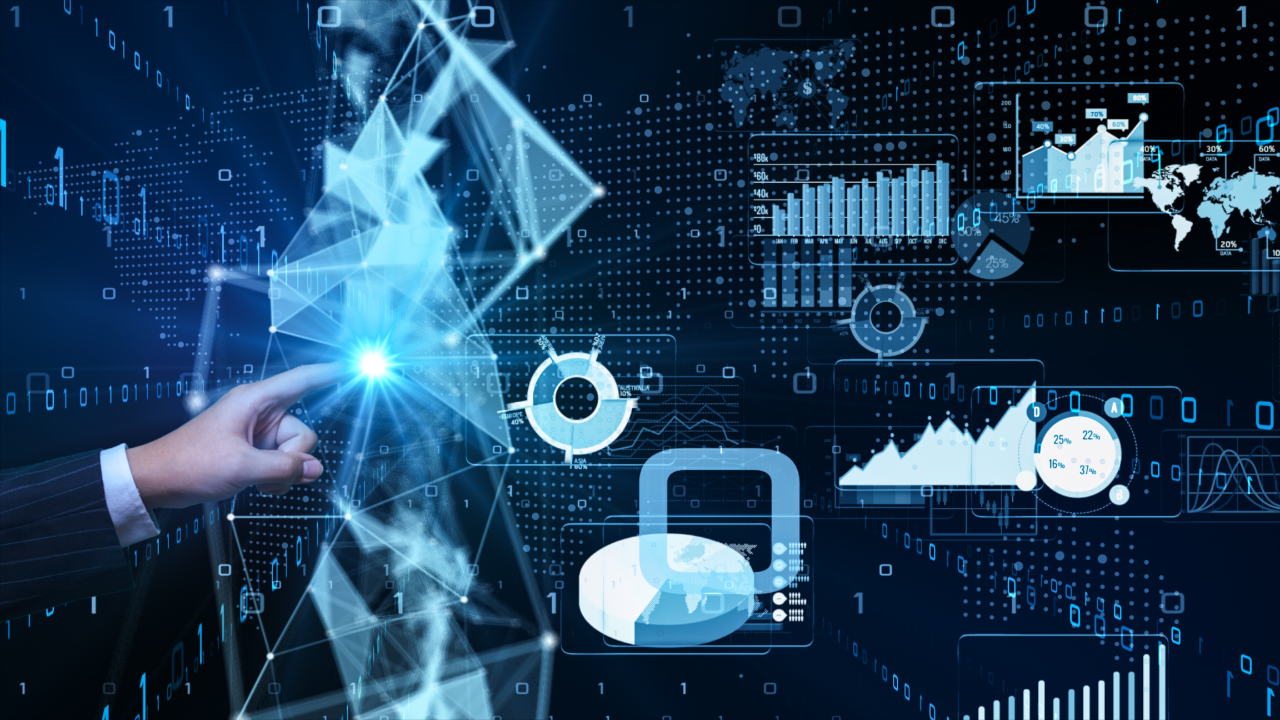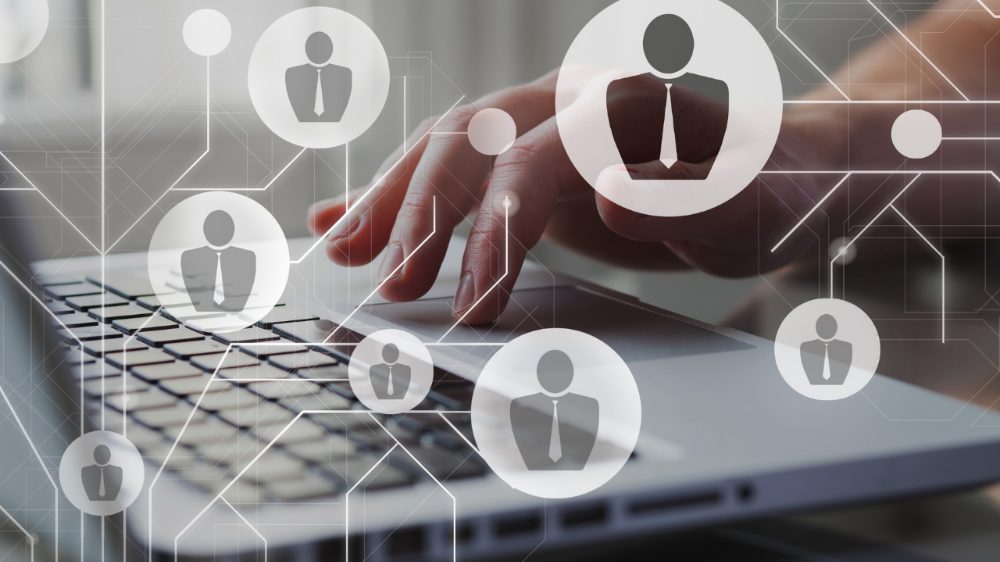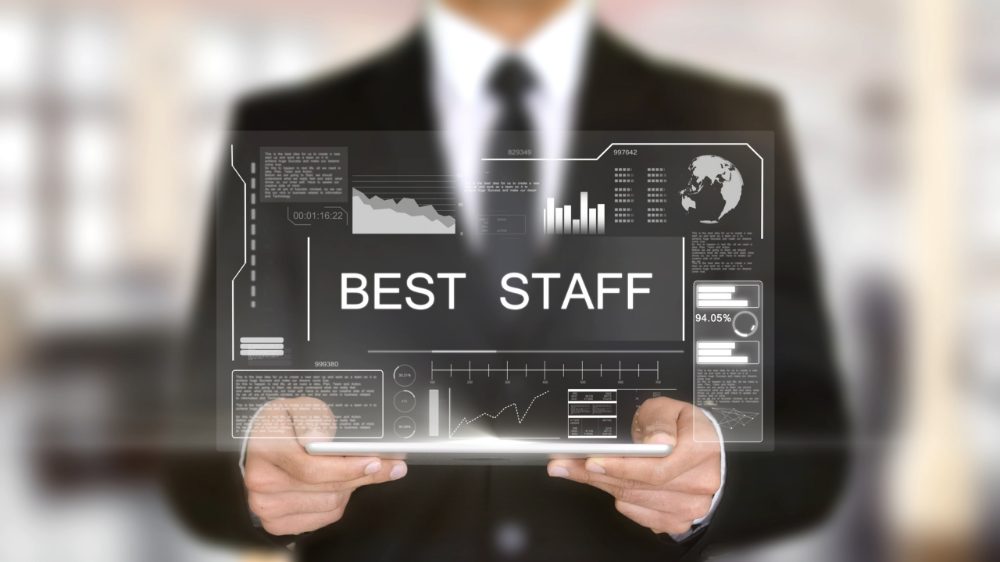AI Revolution: Transforming Companies and Empowering Employees
Artificial Intelligence (AI) is no longer a futuristic concept but a present-day reality that is reshaping industries and revolutionizing the workplace. Companies across various sectors are leveraging AI to streamline operations, enhance productivity, and drive innovation. However, this rapid technological advancement also necessitates significant adaptation from employees. In this blog post, we will explore how is changing daily life in companies and how employees can successfully adapt to these new trends.
The Impact of AI on Daily Company Operations
- Automation of Routine Tasks:
- Efficiency Boost: AI-powered tools and robots are automating repetitive tasks, freeing up employees’ time for more strategic and creative endeavors. According to a McKinsey report, up to 45% of work activities could be automated using current technology.
- Consistency and Accuracy: AI systems can perform tasks with a high degree of accuracy and consistency, reducing the margin for human error. This is particularly beneficial in industries such as manufacturing and finance, where precision is critical.
- Enhanced Decision-Making:
- Data Analysis: AI algorithms can analyze vast amounts of data quickly, providing insights that inform business decisions. Predictive analytics, for example, helps companies forecast market trends and consumer behavior, leading to more informed strategic planning.
- Real-Time Monitoring: AI systems can continuously monitor operations and provide real-time feedback. In supply chain management, for instance, Artificial Intelligence can track inventory levels and predict shortages before they occur, ensuring smooth operations.
- Personalization of Services:
- Customer Experience: AI enables companies to offer personalized experiences to their customers. By analyzing customer data, this tool can recommend products, tailor marketing messages, and provide customized support, enhancing customer satisfaction and loyalty.
- Employee Experience: AI can also personalize the employee experience by tailoring training programs, suggesting career development paths, and offering personalized feedback.
- Innovation and New Business Models:
- Product Development: Artificial Intelligence is driving innovation by enabling companies to develop new products and services. In healthcare, for example, AI is used to develop personalized medicine and advanced diagnostic tools.
- Business Model Transformation: AI is transforming traditional business models. Companies like Uber and Airbnb have disrupted their respective industries by leveraging this technology to optimize operations and enhance user experiences.
Emerging AI Trends in the Workplace
- AI-Powered Learning and Development:
- Personalized Learning Paths: AI is being used to create personalized learning paths for employees, ensuring they acquire the skills most relevant to their roles and career aspirations.
- Microlearning: Facilitates microlearning by delivering bite-sized training modules that employees can access on-demand, promoting continuous learning and skill development.
- AI in Recruitment:
- Automated Screening: AI-driven recruitment tools can screen resumes and applications, identifying the best candidates based on predefined criteria. This speeds up the hiring process and ensures a better fit between candidates and roles. A survey by Deloitte found that 33% of HR professionals are already using some form of AI in the hiring process .
- Predictive Hiring: Artificial Intelligence can predict a candidate’s potential success in a role by analyzing their skills, experience, and cultural fit, leading to more informed hiring decisions.
- AI for Employee Engagement:
- Sentiment Analysis: AI tools can analyze employee feedback and sentiment from surveys and communications, helping HR teams address issues and improve workplace morale.
- Virtual Assistants: AI-powered virtual assistants can help employees with administrative tasks, schedule management, and information retrieval, enhancing productivity and job satisfaction.
- AI and Remote Work:
- Collaboration Tools: AI-enhanced collaboration tools are improving remote teamwork by providing features like smart scheduling, real-time transcription, and automated meeting summaries.
- Performance Monitoring: AI systems can monitor remote work performance, providing insights into productivity and identifying areas for improvement.
The Need for Employee Adaptation
- Embracing Lifelong Learning:
- Continuous Education: As this technology continues to evolve, employees must commit to lifelong learning. This involves staying updated with the latest AI developments and acquiring new skills through courses, certifications, and workshops.
- Upskilling and Reskilling: Employees need to focus on upskilling (enhancing their current skills) and reskilling (learning new skills) to remain relevant in the AI-driven job market. This may include learning how to work with AI tools, understanding data analytics, or developing programming skills.
- Developing Soft Skills:
- Adaptability and Flexibility: The ability to adapt to new technologies and processes is crucial. Employees must be flexible and open to change, as Artificial Intelligence will continually alter the way tasks are performed.
- Critical Thinking and Problem-Solving: While AI can handle routine tasks, human employees are still needed for complex problem-solving and critical thinking. Developing these skills will enable employees to work effectively alongside this systems.
- Fostering Collaboration with AI:
- Human-AI Collaboration: Employees should view AI as a collaborative tool rather than a threat. Understanding how to work with this systems to augment their capabilities will be key to maximizing productivity and efficiency.
- Ethical Considerations: As AI becomes more integrated into the workplace, ethical considerations around data privacy, bias, and transparency will become increasingly important. Employees should be aware of these issues and advocate for responsible AI use.
- Focusing on Unique Human Skills:
- Creativity and Innovation: AI excels at data processing and pattern recognition, but it cannot replicate human creativity and innovation. Employees should leverage their unique human skills to drive innovation and generate new ideas.
- Emotional Intelligence: AI lacks emotional intelligence, which is essential for leadership, teamwork, and customer relations. Developing emotional intelligence will help employees excel in roles that require interpersonal interaction.
AI at Venon Solutions: Leading the Way in Recruitment
At Venon Solutions, we harness the power of AI to revolutionize our recruitment process. By understanding the impact and actively adapting to its advancements, employees can ensure they remain valuable assets in the evolving workplace. Our AI-driven approach allows us to:
- Efficiently Screen Candidates: Our AI tools quickly sift through resumes and applications, identifying top talent that matches our clients’ specific needs.
- Predict Candidate Success: Using predictive analytics, we assess the potential success of candidates in their respective roles, ensuring a perfect fit.
- Enhance Client Experience: AI enables us to provide a seamless and personalized recruitment experience, aligning with our commitment to excellence.
Artificial Intelligence is undeniably transforming daily life in companies, bringing numerous benefits such as increased efficiency, enhanced decision-making, and personalized services. This transformation requires employees and companies proactively adapting to these changes, to thrive in an AI-driven workplace and contribute to company’s success.
A leader in helping organizations of all sizes build a sustainable competitive advantage using technology.







